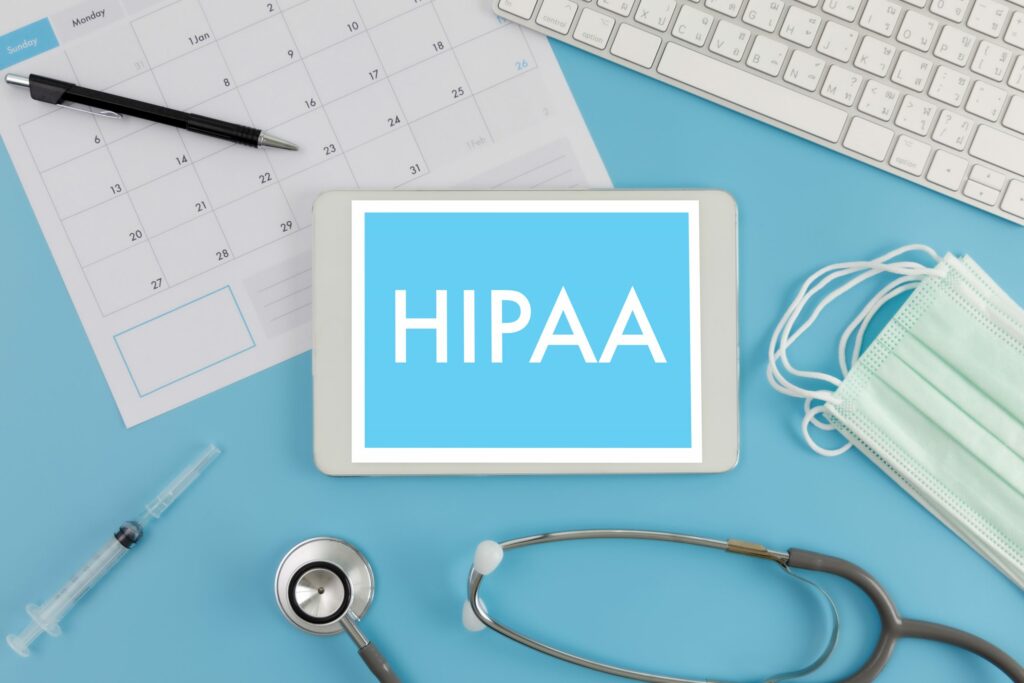HIPAA is responsible for safeguarding patient records. In order for your healthcare practice to remain open, you must be HIPAA-compliant. This is different than being HIPAA-certified.
What Does it Mean to be HIPAA-Certified?
Being HIPAA-certified means you’ve completed a course that’s taught you the information needed to keep or make your practice HIPAA-compliant. You’re very familiar with the Health Insurance Portability and Accountability Act and can teach others how to be HIPAA-compliant.
HIPAA Certification DOES NOT Mean Compliance
It’s crucial to remember that being HIPAA-certified does not mean you are HIPAA-compliant. Completing HIPAA certification means you’re able to validate others who have completed a training course and you are able to train others for HIPAA certification.
Who Should be HIPAA-Certified?
While there are no requirements as to who needs to be HIPAA-certified, it’s recommended whoever has access to medical or billing records should be trained. This includes business associates, pharmacies, ophthalmologists, medical laboratories, auditors, interpreters and contracted cleaning firms.
How to Become HIPAA-Certified
Becoming HIPAA-certified is a relatively straightforward process. Simply choose a HIPAA certification course and complete the requirements. Courses are available both online and offline. We offer one complimentary to our clients, which you can access here.
Compile your practice’s HIPAA policy, documented procedures, audit results (with remedial actions) and quarterly HIPAA management reviews. This allows you the opportunity to review the procedures you have in place and compare it to the ever-evolving HIPAA policies.
By completing the course and compiling these documents, you’ll become HIPAA-certified in no time.
HIPAA certification is different than compliance. However, being certified is an easy way to keep training in-house and costs down. Although it isn’t requires, it never hurts to stay up to date on the continually changing requirements and policies of HIPAA.



